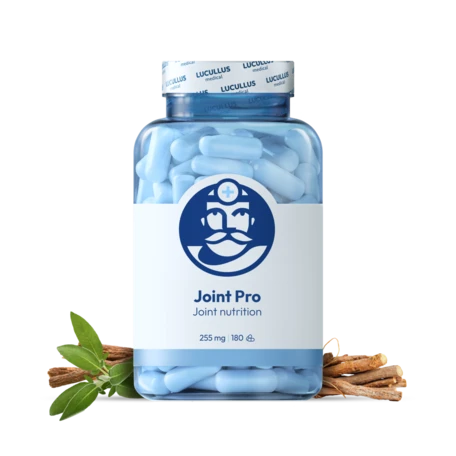
B10 ... for your younger self
Excessive hair loss, slowed growth, or premature graying can have various causes, with diet playing a major role. Para-aminobenzoic acid (PABA), also known as vitamin B10 (although it is not officially a vitamin), is among the significant nutrients that support hair health, skin, and overall vitality of the body. Additionally, it can influence the aging process. Despite its beneficial effects, it is less known today, although in the past it was considered almost a miraculous means of maintaining youth. In the 1950s, scientists studied PABA for its potential in combating degenerative diseases and recorded cases where graying was slowed down.

PABA belongs to compounds that influence the formation of folic acid (vitamin B9), which is essential for DNA synthesis and blood cell production and is important for the growth of good bacteria in the intestines. It participates in protein metabolism, thereby supporting the health of hair, skin, and nails and acts as a protective antioxidant against the harmful effects of free radicals. PABA was used in sunscreens as a natural UV filter because it effectively absorbs UVB radiation and protects the skin from "burning." Regular intake of this vitamin increases the skin's tolerance to sunlight. Studies suggest that PABA plays a role in slowing down the graying process of hair. There are cases where long-term use of PABA helped restore the natural hair color in people who prematurely grayed due to stress. It reduces hair brittleness and promotes their growth by improving blood circulation in the scalp and increasing nutrient availability. PABA also has positive effects on the skin, supports collagen production, thereby increasing its elasticity and reducing the formation of wrinkles and pigment spots. Thanks to its anti-inflammatory properties, it can be beneficial in skin diseases, such as vitiligo (loss of skin pigmentation), eczema, or acne. More studies have been conducted on patients with health problems and had positive results in rickettsial infections, constipation, leukemia, lupus, and other diseases. Besides aesthetic benefits, PABA also has broader health significance, protects the lungs from the harmful effects of ozone and cigarette smoke, which is especially important for smokers and people living in areas with increased air pollution. It supports blood formation, improves protein utilization in muscles, helps regulate insulin and estrogen, and may reduce the risk of some cardiovascular diseases. It also shortens the overall recovery time. Interesting are also the anti-inflammatory effects in alleviating symptoms of rheumatoid arthritis and other autoimmune diseases. It is useful during menopause and has a positive effect on brain functions. Research suggests that PABA derivatives may help slow down the progression of Alzheimer's disease. Thanks to its ability to improve blood circulation, it can reduce the likelihood of stroke and even certain types of cancer. PABA helps with fatigue by supporting the production of red blood cells ensuring oxygen transport in the body, thereby positively affecting the alleviation of depression symptoms and contributing to increasing fertility. Sources of para-aminobenzoic acid can be found in foods such as liver, eggs, yeast, whole grains, and some types of vegetables. This vitamin is extremely sensitive to external influences, such as light, heat, and air, otherwise, its content in food is often limited. It is also commonly produced by intestinal bacteria, but its level in the body can decrease due to alcohol, antibiotics, or lack of folic acid.
Research has shown that vitamin B10 deficiency is more pronounced in women. PABA is a fascinating substance with numerous health benefits, although it is mentioned less today than in the past. Its positive effects on hair, skin, immune system, cognitive functions, and overall lifestyle make it a valuable dietary supplement. If you are dedicated to natural care for your health and beauty, it's time to enlist the help of B10 by Dr. Lucullus and try to rejuvenate. After all, hair is the "crown of beauty" and significantly influences our appearance, and the skin makes up to 16% of our weight and protects us from many influences.





